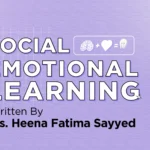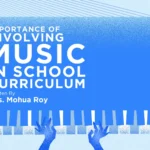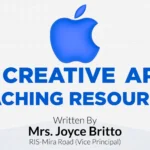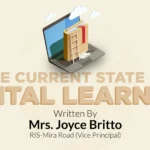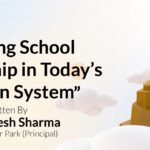Would teachers, busy as they are, also benefit from blogging? Should every teacher engage in blogging and build her/his own teacher-centred blog?
Absolutely! Moreover, here is the why part:
Teachers can Share their successful projects, ideas, resources, etc. Think of those brief, on-the-go encounters with fellow teachers by a microwave or coffee machine. Don’t they often turn into helpful “how-to” sessions, where we exchange our best teaching practices, lesson ideas, or classroom management strategies? Expand that “kitchen space” and reach out to thousands of teachers worldwide. Blogging will enable you to share 24/7/365!
They can reflect on their own learning and teaching by engaging in the best thinking activity – writing! What kind of teacher are you? What kind of a learner? What is your teaching philosophy or style? What are your beliefs and preferences? Blogging will reveal your own story to you! Also, blogging will help you clear up the head and make sense of your own thinking, organize and visualize your ideas, and record your progress.
Many teachers continue to research well beyond their grade school. Just as writing was the way to process and report the findings while back in school, blogging will support the same goals. Turn your blogging into your own degree while writing for a real audience and receiving real feedback.
Even though blogging is mainly a writing activity, it will encourage you to read more! Blogging requires reading; reading more books, other blogs, articles, etc. It will, however, alter the way you select and process new information, as you will be connecting it to the topics you write about. You will develop certain filters and improve your ability to analyse and synthesize new information and think critically.
You can build your own library of content and resources and share it with others. Wouldn’t it be nice to create a library of useful links, articles, content, activities, etc., and share them with educators who teach the same grade, level, or student population? Selecting the best resources and organizing them on your blog will save others a lot of time.
You can turn your blogging into your own professional development. Engage with your audience and build your Personal Learning Network or Environment (PLN or PLE). Your blog can turn into the best professional development you could ever hope to have. It will help you identify your starting point, where you are at now, and where you are heading.
You can become proficient with technology. Establish a digital presence. Build a positive digital footprint. Blogging will make you a producer (as opposed to a consumer) of information. Living in this amazing time gives you an unprecedented opportunity to contribute and show your unique point of view. You can create a positive digital footprint and become more proficient with technology. As digital literacy often being defined as “literacy in the 21-century,” which teacher would want to become illiterate?
More and more teachers make blogging a requirement for students. Having this experience will enable you to foresee the difficulties, learning curves, or fears students may face along the way. It will also give you some exposure to possible technical issues that may arise as well as how to fix them. Finally, you can model by showing students your own blog (you can even teach from your blog)!
Showcase your students’ work and projects. Similar to inviting other teachers and students in the past, only now you can showcase worldwide! Your students will also be able to leave their comments and share your blog.
“A journey of a thousand miles begins with a single step.” – Lao-tzu
So dear teachers start it today and see the difference.
Happy Blogging!
Mr. Mukesh Sharma: Mr Mukesh Sharma is the Principal of RIS Patankar Park. He has been in the field of education since the past 30 years. He has his expertise set in academics and administration. His working profile has included his service in all curriculums – CBSE and State Board. Winning many accolades, he has received a commendation from the Minister of Education (then Ministry of Human Resource Development), Government of India’s office for the commendable academic performance of students at Board exams. He has also worked in different capacities i.e as an Inspection Committee member for Affiliation unit, Centre Superintendent for conducting JEE Mains and NEET by NTA.



